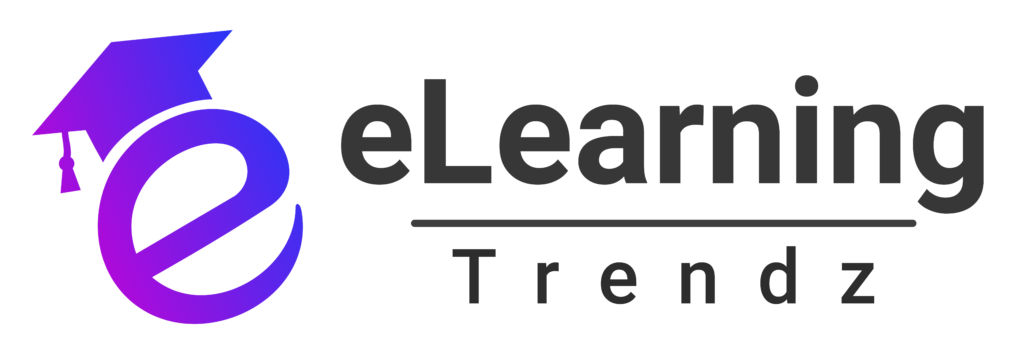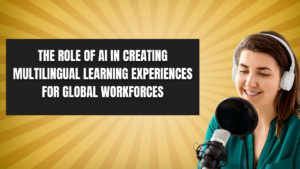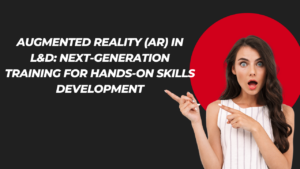Why Nonprofits and NGOs Need an LMS
Nonprofits and NGOs rely heavily on volunteers and staff who must be regularly trained on evolving policies, compliance standards, operational protocols, and essential skills. According to the National Center for Charitable Statistics, over 1.5 million nonprofit organizations in the United States alone require structured training and effective volunteer management to fulfill their missions successfully. Implementing an LMS can streamline these processes, helping organizations reduce training costs, efficiently manage compliance, and track performance to ensure mission-critical goals are met.
1. Paradiso LMS
Paradiso LMS is an ideal platform for nonprofits and NGOs, explicitly designed to address the unique challenges faced by these organizations. It offers a user-friendly interface that simplifies training processes, helping users with diverse technical skill levels access essential learning materials quickly. Paradiso LMS supports multilingual training, which is critical for NGOs in various global regions.
The LMS platform integrates seamlessly with existing systems, such as Customer Relationship Management (CRM) software, ensuring comprehensive data management and streamlined administrative tasks. Paradiso LMS also provides robust compliance management tools, ensuring organizations effectively adhere to necessary regulatory and internal policy standards.
Fact: Organizations using an LMS can increase employee productivity by up to 50% due to streamlined training and efficient skill development.
2. TalentLMS
TalentLMS is particularly suited to the nonprofit sector due to its affordability, ease of use, and scalable infrastructure. Its intuitive, cloud-based platform allows users to access training materials remotely, which is especially beneficial for geographically dispersed teams. With multilingual capabilities, TalentLMS ensures all volunteers and employees can engage meaningfully with training content.
TalentLMS’s automated compliance tracking and detailed analytics facilitate effective monitoring and management of training programs. This LMS platform allows nonprofits to quickly develop, deploy, and assess training content, helping organizations respond swiftly to emerging needs or regulatory changes.
Fact: According to a Brandon Hall study, eLearning, supported by platforms like TalentLMS, requires 40-60% less employee time than traditional classroom learning.
3. SAP Litmos
SAP Litmos is a versatile and scalable LMS solution for small and large nonprofit organizations. It provides courses tailored for nonprofit compliance, operational management, and skills development. SAP Litmos automates certification management, significantly reducing administrative burdens and ensuring seamless regulatory compliance.
Detailed analytics and reporting functionalities enable nonprofits to evaluate training program impacts effectively, track participant progress, and continuously enhance training outcomes. SAP Litmos’s flexibility in deployment makes it suitable for rapidly growing NGOs requiring a reliable platform that scales seamlessly with organizational expansion.
Fact: E-learning platforms such as SAP Litmos can boost knowledge retention by up to 60% compared to traditional training methods.
4. Moodle
Moodle stands out among LMS solutions for nonprofits and NGOs due to its open-source nature, providing exceptional flexibility and cost-effectiveness. Organizations with limited budgets can utilize Moodle’s extensive customization capabilities without incurring licensing fees. Moodle’s vibrant user community offers robust support, contributing to its continuous improvement and adaptability to diverse training requirements.
Moodle features an extensive plugin ecosystem, allowing nonprofits to tailor training experiences to specific organizational needs. The platform’s scalability and ease of customization make it ideal for nonprofits requiring highly specialized training programs at minimal costs.
Fact: Over 100,000 educational and nonprofit organizations globally use Moodle, highlighting its effectiveness and widespread adoption.
5. LearnUpon
LearnUpon provides a user-friendly LMS solution that effectively meets the unique training demands of nonprofits and NGOs. It features powerful administrative tools for managing training across dispersed teams efficiently. LearnUpon supports comprehensive reporting and compliance management, ensuring consistent training delivery and adherence to regulatory requirements.
Integration capabilities with existing software solutions simplify administrative tasks, allowing nonprofits to focus more resources on mission-critical activities. LearnUpon’s mobile learning support further enhances accessibility, ensuring training is available to all volunteers and staff regardless of location or schedule constraints.
Fact: Organizations using comprehensive LMS solutions like LearnUpon experience up to 24% higher profit margins due to enhanced employee engagement and efficiency.
Selecting the Best LMS for Your Nonprofit
Choosing the right LMS platform for a nonprofit or NGO involves careful consideration of multiple critical factors, including affordability, ease of use, scalability, compliance management capabilities, and integration potential. Platforms such as Paradiso LMS, TalentLMS, and Moodle stand out as particularly well-suited options for nonprofits due to their robust features and cost-effectiveness.
Implementing an effective LMS significantly enhances a nonprofit’s operational efficiency, compliance adherence, and resource optimization. Organizations leveraging suitable LMS platforms not only streamline training processes but also empower their workforce and volunteers to achieve greater impact in their communities.
In conclusion, nonprofits and NGOs can substantially benefit from strategically chosen LMS solutions, ultimately improving their ability to deliver on their mission, manage training more effectively, and maximize their limited resources. Through careful evaluation of available LMS options, these organizations can enhance their educational capabilities, operational efficiencies, and overall organizational effectiveness, ensuring sustained impact and successful outcomes.









